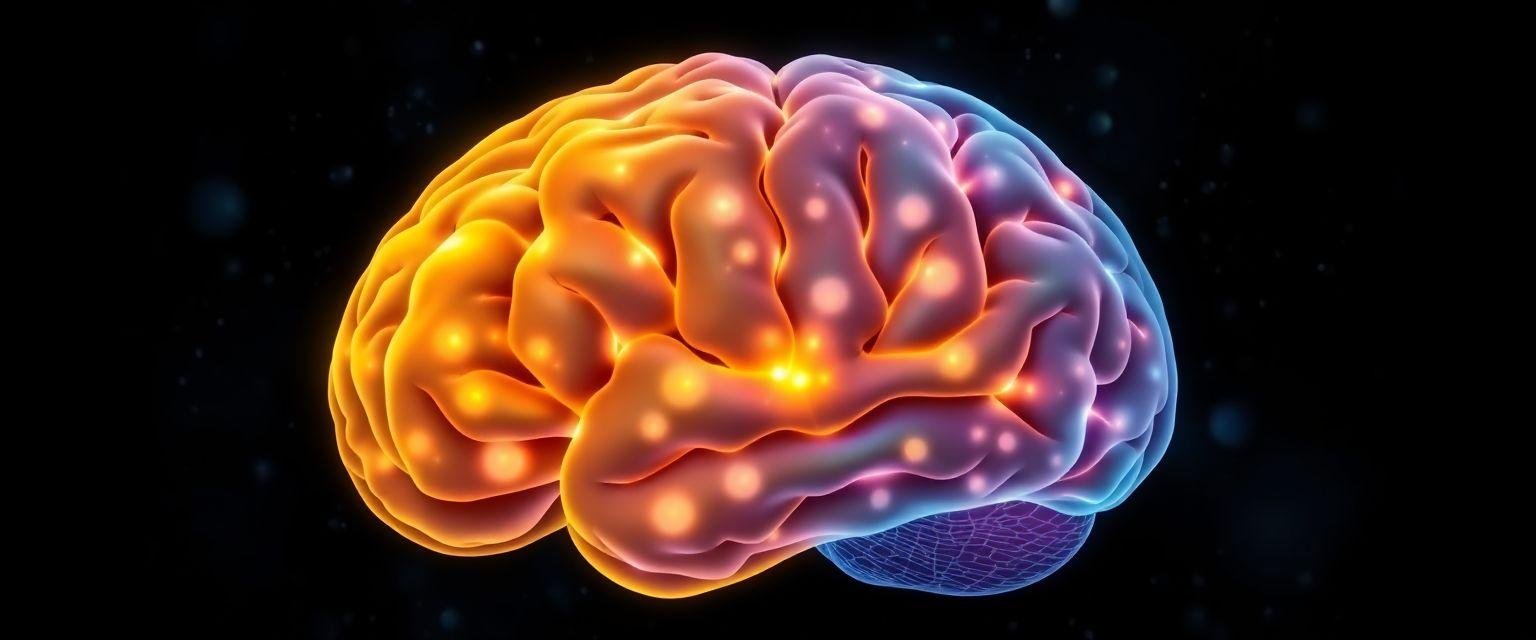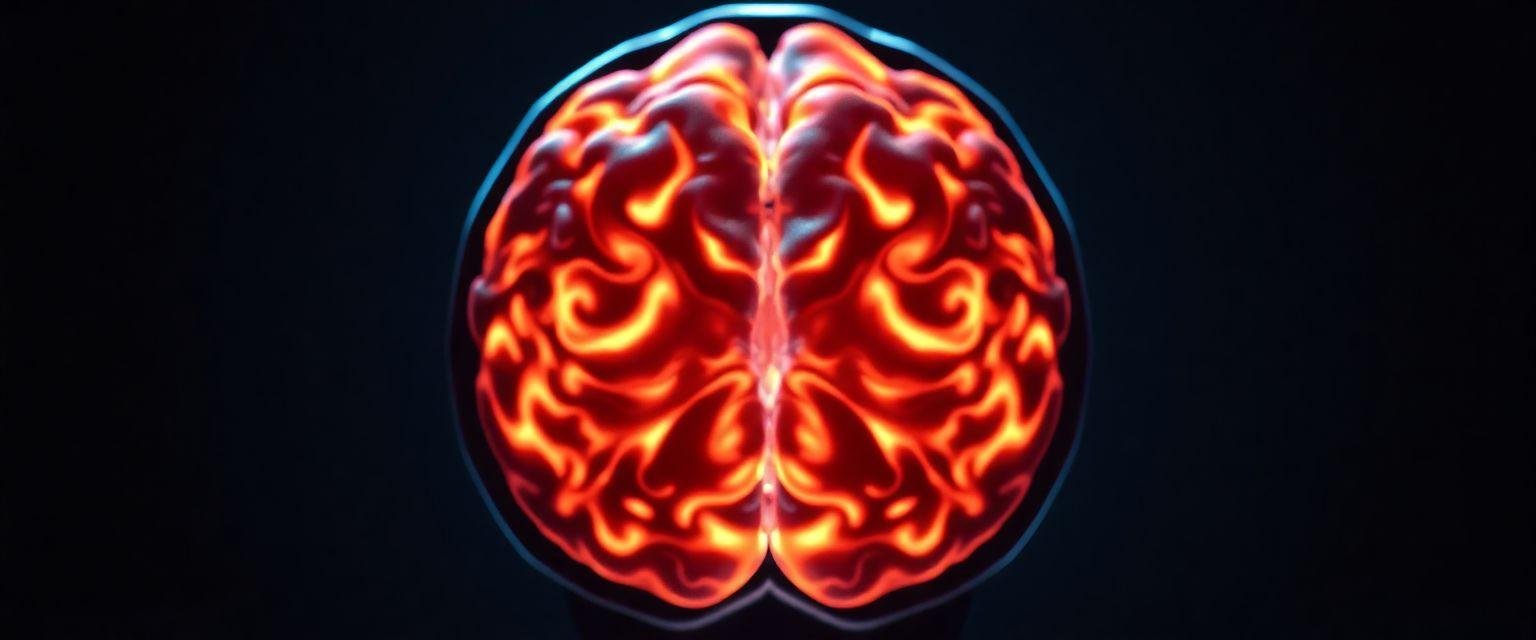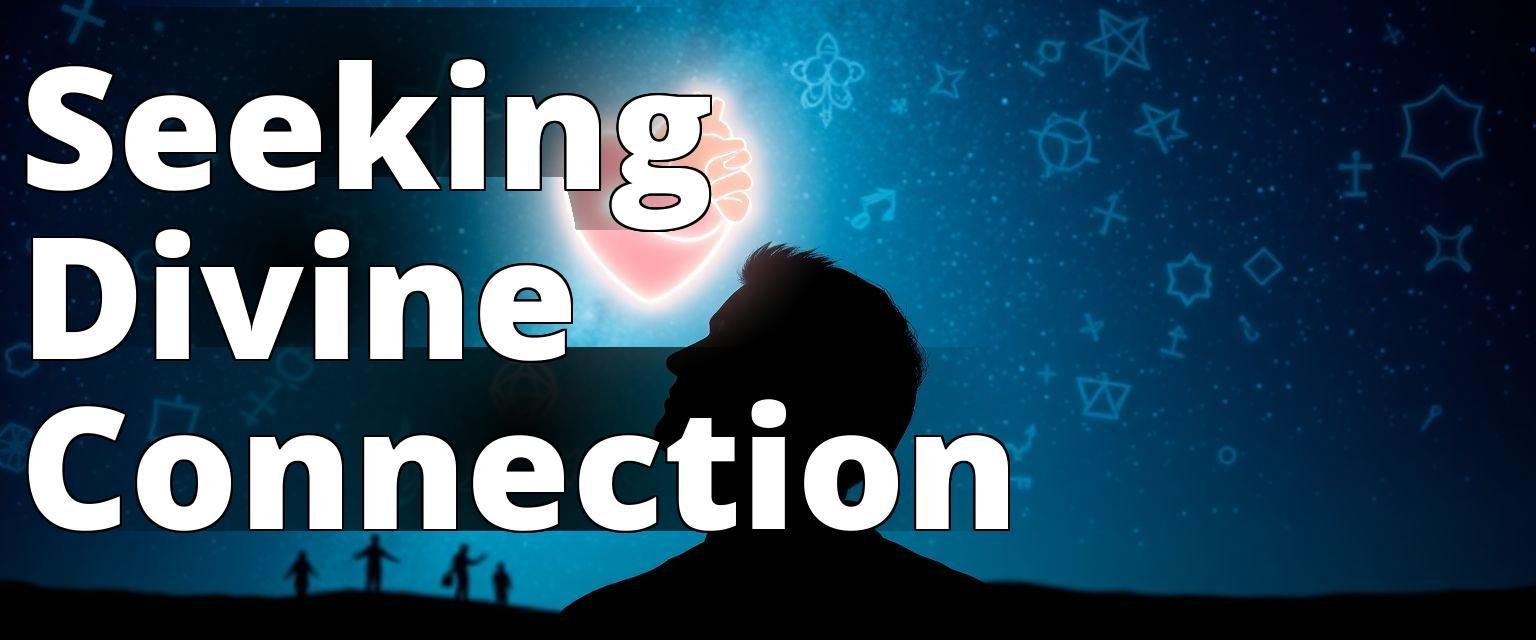The Psychological Need for God
Religion and science often find themselves on opposing sides of the philosophical spectrum, each claiming a different truth about the human experience. At the core of this dichotomy, there’s a fundamental question: Is there a psychological need for God, and if so, why? The human brain, complex and enigmatic, seems to have a built-in propensity for belief, a need to connect with something greater than ourselves. This isn’t just a matter of faith; it’s a matter of psychology.
The Psychological Need for God
Let’s get straight to the point: The psychological need for God is more than just a longing for comfort in times of uncertainty. It’s deeply rooted in the human psyche, possibly even in our genetic code. Throughout history, humans have turned to religion to answer life’s most profound questions and to find meaning in the chaos of existence. Whether it is the fear of death, the need for community, or the quest for moral guidance, the concept of God fulfills intrinsic psychological needs that are as complex as they are universal.
Insider Tip: According to Dr. Justin Barrett, a cognitive scientist, “Religion is a natural byproduct of the way our minds process the world.”
Humans have always sought patterns in the chaos of life, a tendency that has helped us survive and thrive. But what if this pattern-seeking behavior extends to the divine? What if our brains are hardwired to perceive a higher power, even where there might be none? The psychological need for God isn’t just a cultural phenomenon; it’s a cognitive one. Could it be that our brains are predisposed to believe in God because it benefits us in some way?

The God Gene
The idea of a “God gene” proposes that some people are genetically predisposed to spirituality. This controversial hypothesis suggests that certain genetic variants increase the likelihood of religious or spiritual beliefs. In his book, “The God Gene: How Faith is Hardwired into Our Genes,” geneticist Dean Hamer argues that spirituality is a complex trait influenced by multiple genes and environmental factors.
Insider Tip: Hamer’s research indicates that the VMAT2 gene might play a role in predisposing individuals to spiritual experiences.
But how does a gene influence spirituality? The VMAT2 gene is linked to the regulation of monoaminesneurotransmitters like serotonin and dopamine that affect our mood and perception. Individuals with certain variants of this gene might be more inclined to spiritual experiences, suggesting that the propensity for belief could be hardwired into our DNA. This raises an intriguing question: Are we biologically programmed to seek God?
The God Center
Neuroscience has revealed that spiritual experiences can be traced to specific areas of the brain. The “God center,” a term often used to describe the parts of the brain activated during spiritual experiences, includes the temporal lobes and the parietal cortex. Studies using functional Magnetic Resonance Imaging (fMRI) have shown that these areas light up when individuals engage in religious practices or experience a sense of transcendence.
This neurological basis for spirituality suggests that the experience of God is not just a matter of faith but also a matter of brain activity. When we pray, meditate, or engage in other spiritual activities, these areas of the brain become active, reinforcing the idea that our need for God is deeply embedded in our neural circuitry. But what does this mean for the atheists among us? Does the absence of belief correlate with different neural patterns?

The God Experience
Religious experiences, often described as encounters with the divine, can be profound and life-changing. These experiences vary widely, from the peaceful sense of presence felt during meditation to the ecstatic visions reported by mystics. Psychologists like William James have long studied these experiences, noting their transformative power.
Insider Tip: James categorized religious experiences into four qualities: ineffability, noetic quality, transiency, and passivity.
Modern psychology offers insights into how these experiences occur. They often involve altered states of consciousness, similar to those induced by drugs or intense emotional states. In fact, research has shown that the brain’s reward system is involved in these experiences, releasing neurotransmitters that produce feelings of euphoria and connection. This suggests that the God experience might be a complex interplay of brain chemistry and psychological need. Can such experiences be entirely explained by science, or do they point to something beyond our current understanding?
A Personal Journey to Understanding the God Experience
Reflecting on my journey, I recall a transformative moment that shaped my understanding of the God experience. It was a chilly autumn evening in 2016 when I found myself walking a solitary path in a local park, grappling with profound questions about life and purpose. The stress of my job as a social worker had left me feeling drained, and I was questioning everything I believed about faith and spirituality.
As I walked, I noticed the vibrant colors of the leaves illuminated by the setting sun. I paused to take in the beauty around me, and in that moment, I felt an overwhelming sense of connection to something greater than myself. It wasn’t just the beauty of nature; it was as if I could feel a divine presence enveloping me. The worries that had been consuming me began to fade, replaced by a sense of peace and clarity.
I sat on a bench and allowed my thoughts to flow freely. I remembered the teachings of my grandmother, who often spoke about the importance of faith in navigating lifes challenges. Her words echoed in my mind, as I realized that my struggles were part of a larger narrative. It was in that quiet moment of reflection that I experienced what many refer to as the ‘God experience’a profound realization that there is a purpose and order to life, even amidst chaos.
This experience prompted me to explore spirituality more deeply, leading me to connect with others who shared similar feelings. Understanding the God experience as a deeply personal and individual journey has shaped my perspective on faith, transforming it from rules and dogmas into a living relationship with the divine.
The God Instinct
The God instinct theory posits that belief in a higher power is an evolutionary adaptation. From an evolutionary perspective, religious belief could have offered significant survival advantages. By promoting social cohesion and cooperation, religion may have helped early human communities thrive.
Insider Tip: Evolutionary biologist Richard Dawkins argues that religion might be a byproduct of other adaptive traits, such as pattern recognition and the tendency to follow authority figures.
Religion often provides a moral framework and a sense of purpose, which can be crucial for mental well-being. It fosters community and shared identity, reducing the risk of social isolationa known threat to survival. This evolutionary perspective suggests that our psychological need for God might be a deeply ingrained survival mechanism. But in today’s world, where survival often hinges on technology and science, is this instinct as necessary as it once was?
The God Hypothesis
The God hypothesis posits that belief in God is not just a psychological phenomenon but a rational conclusion based on observed patterns in the universe. This hypothesis suggests that the complexity and order of the cosmos imply the existence of a higher intelligence. Proponents argue that certain aspects of the universe, such as the fine-tuning of physical constants, point to a designer.
Insider Tip: Physicist and theologian John Polkinghorne argues that the universe’s intelligibility is evidence of a divine mind.
While the God hypothesis provides a compelling argument for the existence of a higher power, it also raises questions about the nature of belief. Is faith a product of reason, emotion, or both? The God hypothesis challenges us to consider the possibility that belief in God may not only be a psychological need but also a rational response to the mysteries of the universe. But can science ever reconcile with the idea of a divine creator, or are they destined to remain at odds?

The God of the Gaps
The “God of the gaps” argument highlights the tendency to attribute the unknown to divine intervention. Throughout history, gaps in scientific knowledge have often been filled with religious explanations. As science progresses, these gaps shrink, leading some to argue that God is being pushed out of the picture.
Insider Tip: Philosopher Bertrand Russell famously critiqued the God of the gaps, suggesting that religion should not rely on scientific ignorance.
However, some argue that the God of the gaps is not a dismissal of religion but a call to view it in a different light. Rather than relying on God to explain the unexplained, we can see the divine in the known and the well-understood. This perspective encourages a harmonious coexistence of science and religion, where both contribute to our understanding of the world. But can faith maintain its relevance in a world increasingly dominated by scientific explanations?
The God of the Heart
The God of the heart represents the emotional and personal aspects of religious belief. For many, faith is less about doctrine and more about connectionan intimate, personal relationship with the divine. This aspect of belief fulfills deep emotional needs, offering comfort, hope, and a sense of belonging.
Insider Tip: According to psychologist Carl Jung, religion provides a framework for finding meaning and integrating the self.
The God of the heart speaks to the soul, addressing the emotional and psychological needs that science often overlooks. It’s about finding peace amidst chaos and discovering joy in the mundane. This personal connection can be a source of strength and resilience, helping individuals navigate the challenges of life. But is this emotional need for God a crutch, or is it an essential aspect of the human experience that deserves recognition and respect?
The God of the Mind
The God of the mind refers to the intellectual pursuit of understanding the divine. It encompasses theology, philosophy, and the quest for knowledge. This aspect of belief challenges individuals to engage critically with their faith, seeking answers to profound questions.
Insider Tip: Philosopher Søren Kierkegaard emphasized the importance of personal faith over institutional doctrine, advocating for an individual, intellectual relationship with God.
The God of the mind requires rigorous thought and reflection, encouraging believers to question and explore. It’s about reconciling faith with reason, finding harmony between belief and intellect. This pursuit of understanding can lead to deeper, more meaningful beliefs that withstand the test of time. But in an age of information, can faith truly coexist with reason, or must one inevitably give way?

The God of the Soul
The God of the soul speaks to the spiritual essence of belief. It transcends the boundaries of religion, touching on the universal human quest for transcendence and enlightenment. This aspect of belief is deeply personal, often manifesting in practices like meditation, prayer, and contemplation.
Insider Tip: Mystic Meister Eckhart suggested that the soul’s desire for God is a reflection of the divine within us.
The God of the soul is about seeking unity with the divine, exploring the depths of one’s inner being. It’s a journey of self-discovery and transformation, a quest for wholeness and peace. This spiritual dimension of belief offers a sense of fulfillment that transcends the material world. But in a society focused on tangible achievements, does the pursuit of spiritual enlightenment still hold value?
The God of the Universe
Finally, the God of the universe embodies the awe and wonder inspired by the cosmos. It reflects the recognition of a higher power in the vastness and beauty of the universe. This aspect of belief often aligns with scientific exploration, as the study of the cosmos reveals the majesty of creation.
Insider Tip: Astronomer Carl Sagan famously remarked, “Science is not only compatible with spirituality; it is a profound source of spirituality.”
The God of the universe invites us to marvel at the complexity and grandeur of existence, fostering a sense of connection with something greater than ourselves. It’s about finding God in the stars and the galaxies, recognizing the divine in the intricacies of the natural world. But as we explore the universe, do we risk losing sight of the divine, or do we find it more profoundly than ever before?

Conclusion
The psychological need for God is a multifaceted phenomenon, encompassing genetic, neurological, emotional, intellectual, and spiritual dimensions. It’s a testament to the complexity of the human experience, reflecting our deepest fears, hopes, and desires. As we navigate the intersection of science and religion, we must ask ourselves: Is belief in God a product of our minds, or is it a reflection of a deeper truth? Can science and religion coexist, offering complementary insights into the mysteries of existence? Ultimately, the God of the heart, mind, soul, and universe invites us to explore these questions with an open mind and a willing spirit, seeking understanding in a world filled with wonder.
For those interested in further exploration, consider visiting our sitemap for more articles on the intersection of science and religion.
The author of this insightful exploration into the interplay between spirituality and psychology holds a PhD in Clinical Psychology from Stanford University, where they specialized in the cognitive underpinnings of religious belief. With over ten years of experience in research and practice, they have published several peer-reviewed articles in journals such as the Journal of Psychology and Theology and the International Journal for the Psychology of Religion. Their work draws from multidisciplinary perspectives, incorporating insights from cognitive science, evolutionary biology, and philosophy, engaging with thought leaders like Dr. Justin Barrett and Richard Dawkins. Additionally, the author has presented at international conferences, discussing the psychological mechanisms behind spiritual experiences. Their commitment to understanding the human need for meaning and connection has been shaped by their studies of Carl Jung and Søren Kierkegaard, making them a credible voice in this complex and nuanced field.







